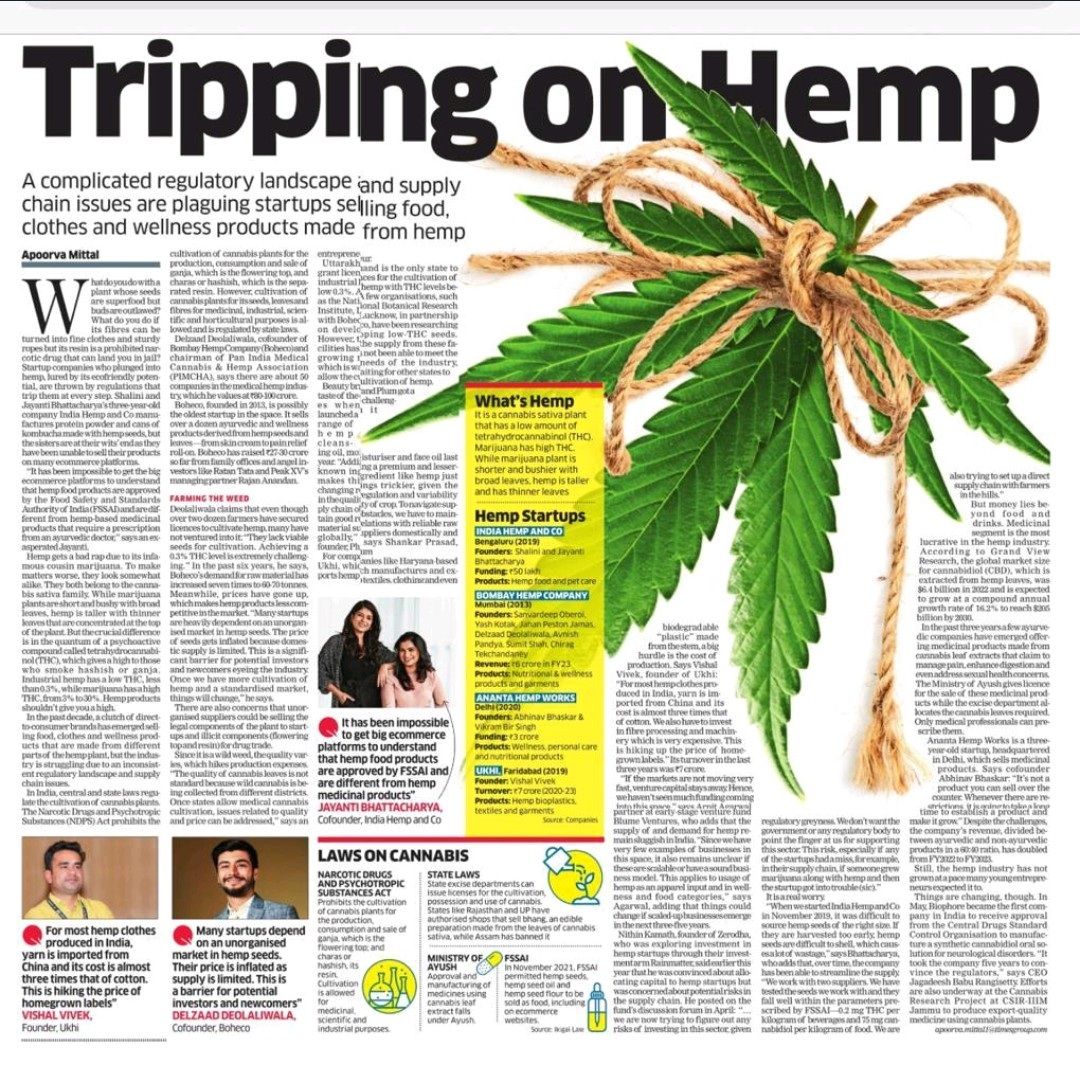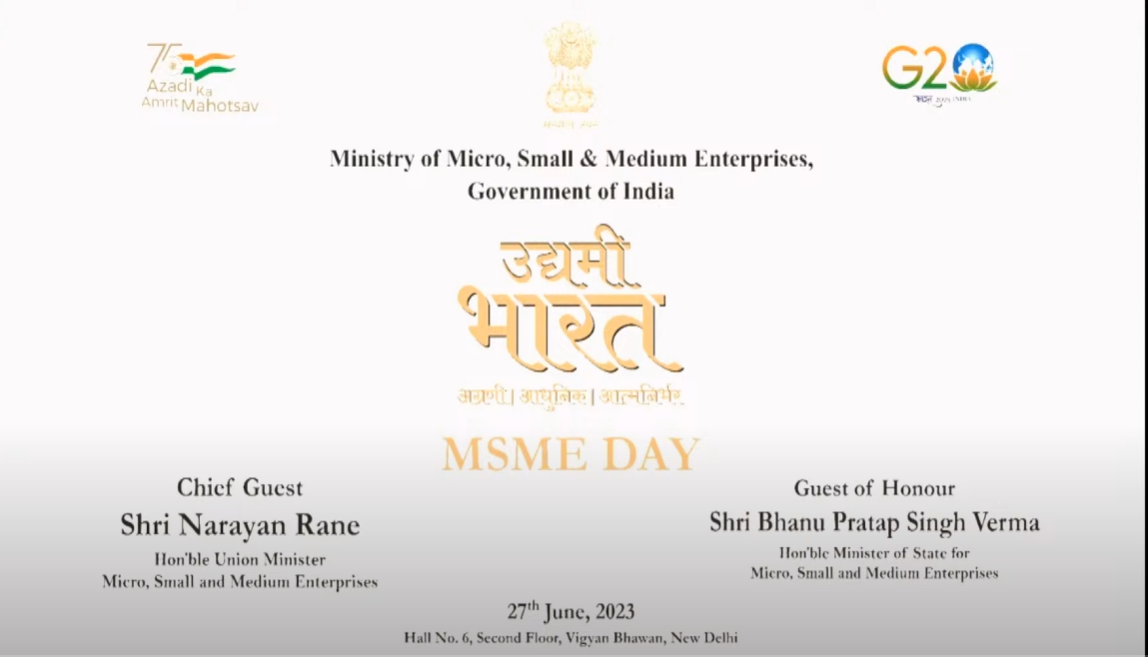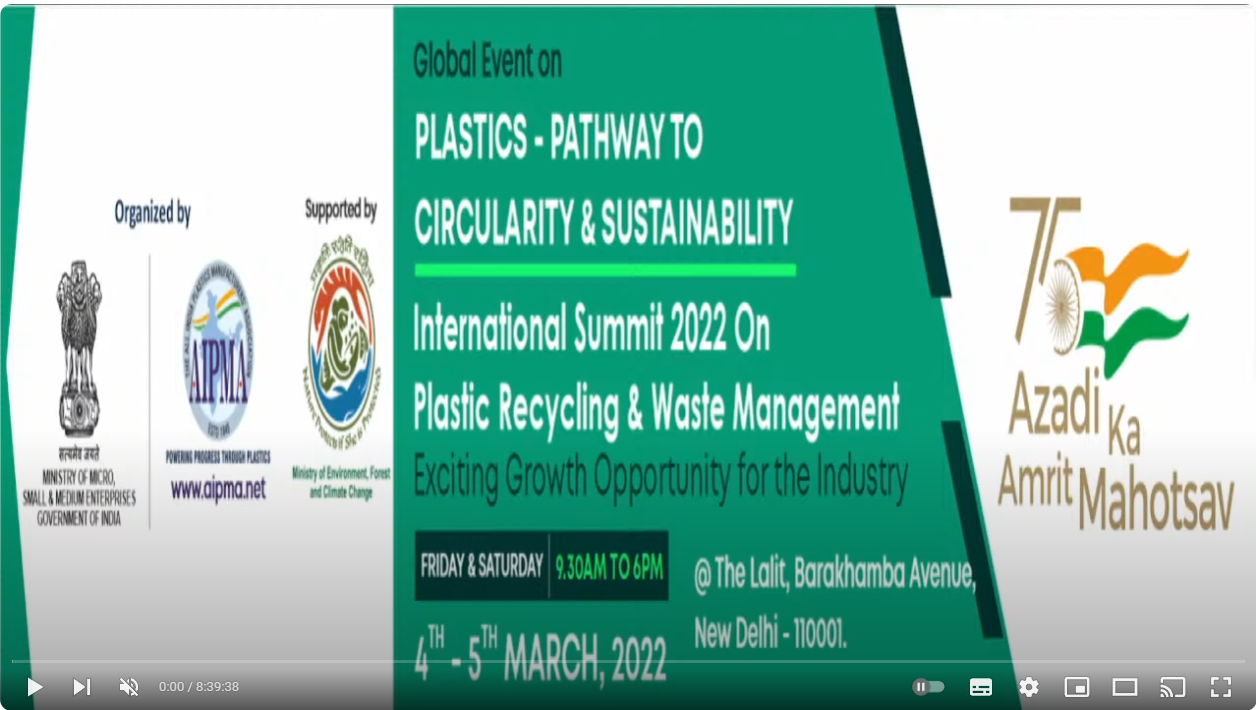Hemp Foundation in Economics Times
The Hemp Foundation is gaining attention for its innovative approach to sustainable development, particularly in the textile industry. As the global economy grapples with environmental challenges and the need for more sustainable practices, the Hemp Foundation’s work has positioned it as a key player in the movement toward eco-friendly production.
The Rise of Hemp in the Textile Industry
Hemp, a versatile and sustainable crop, has been heralded as a game-changer in various industries, from construction to textiles. The Hemp Foundation is at the forefront of promoting hemp as a viable alternative to traditional materials, particularly in the fashion and textile industries. Their mission is to integrate hemp into mainstream production, offering a solution that aligns with global sustainability goals.
Environmental and Economic Benefits
The Hemp Foundation’s initiatives are rooted in the dual benefits of environmental sustainability and economic empowerment. Hemp cultivation is notably less resource-intensive than other crops like cotton. It requires significantly less water, no synthetic fertilizers, and minimal pesticides, making it an environmentally friendly choice.
Economically, hemp offers substantial benefits to farmers, particularly in regions where traditional agriculture faces challenges due to climate change or soil degradation. By providing farmers with the resources and knowledge to grow hemp, the Hemp Foundation helps create new economic opportunities, contributing to rural development and poverty alleviation.
Empowering Local Communities
One of the core tenets of the Hemp Foundation’s mission is community empowerment. The organization works closely with local farmers, particularly in underdeveloped regions, providing training and support to help them transition to hemp cultivation. This not only promotes sustainable agriculture but also fosters economic independence for communities that have historically been marginalized.
By creating a value chain that begins with the farmer and ends with the consumer, the Hemp Foundation ensures that the benefits of hemp cultivation are distributed fairly. This holistic approach not only supports local economies but also promotes the long-term sustainability of the industry.
Innovations in Hemp Textiles
The Hemp Foundation is driving innovation in hemp textiles, working to improve the quality and accessibility of hemp fabrics. Through research and development, they are enhancing the processing techniques to produce softer, more durable fabrics that meet the demands of the modern market.
These innovations have led to a growing interest from fashion brands looking to incorporate sustainable materials into their collections. The Hemp Foundation’s efforts are helping to shift the textile industry away from environmentally damaging practices and towards a more sustainable future.
Challenges and the Road Ahead
While the potential of hemp is vast, the Hemp Foundation faces several challenges. These include regulatory barriers, limited consumer awareness, and the need for greater investment in hemp processing infrastructure. However, the foundation remains committed to overcoming these hurdles through advocacy, education, and collaboration with stakeholders across the supply chain.
The future of hemp in the textile industry looks promising, and the Hemp Foundation is poised to play a critical role in its development. By continuing to promote hemp as a sustainable alternative, the foundation is helping to reshape the industry and contribute to a more sustainable global economy.
Conclusion
The Hemp Foundation’s work exemplifies how sustainable practices can be integrated into the global economy, benefiting both the environment and local communities. As the world increasingly turns to sustainable solutions, the Hemp Foundation’s efforts in promoting hemp in the textile industry are not only timely but essential. Their pioneering work is setting a new standard for what is possible when environmental stewardship and economic empowerment go hand in hand.
Articles can be read at: https://economictimes.indiatimes.com/news/india/how-a-complicated-regulatory-landscape-hurting-startups-selling-food-clothes-wellness-products-made-from-hemp/articleshow/102684832.cms?from=mdr




